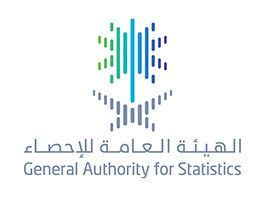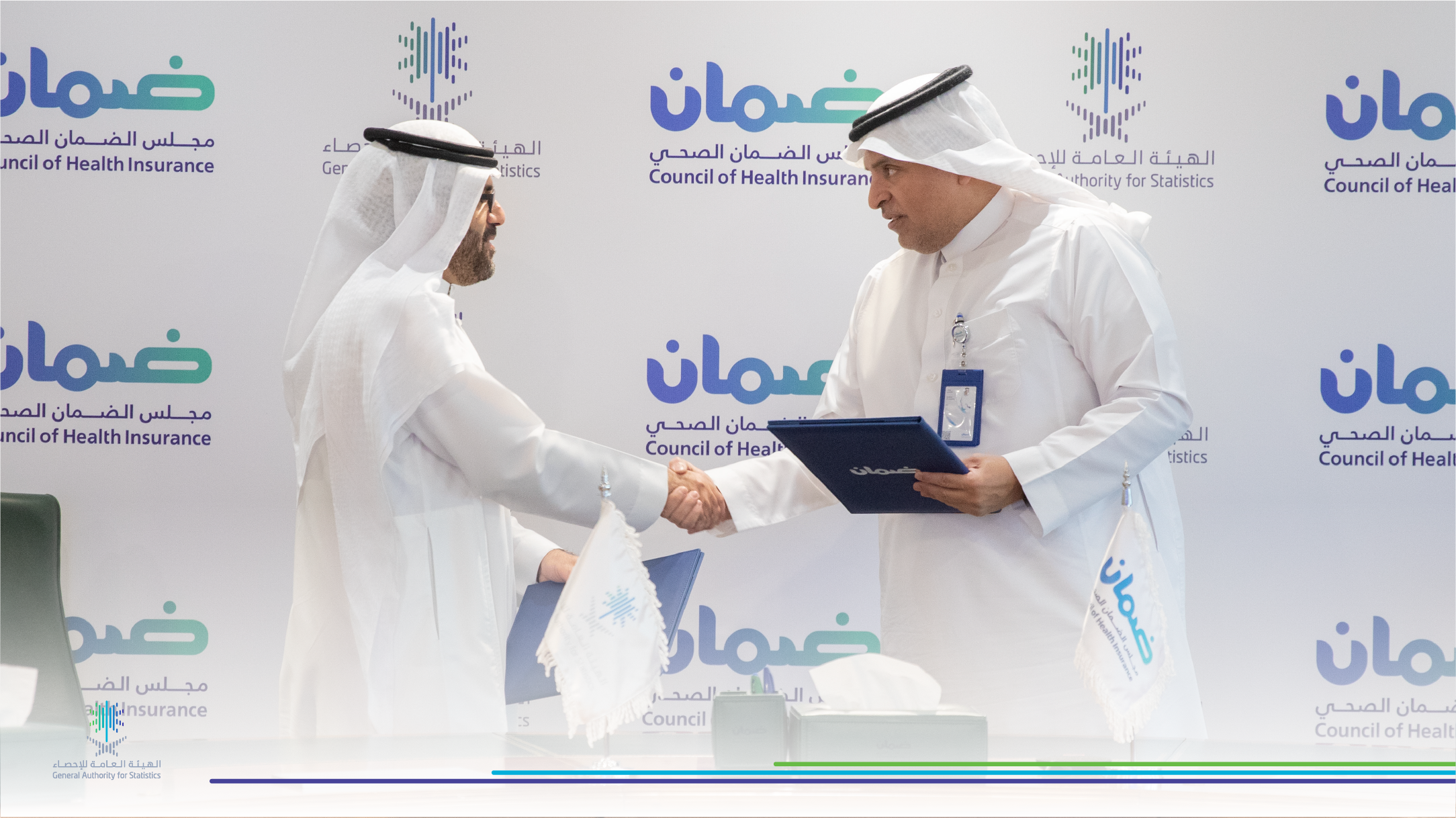Official government website of the Government of the Kingdom of Saudi Arabia
Links to official Saudi websites end withgov.sa
All links to official websites of government agencies in the Kingdom ofSaudi Arabia end with .gov.sa
Government websites use theHTTPSprotocol for encryption and security.
Secure websites in the Kingdom of Saudi Arabia use the HTTPS protocolfor encryption.

GASTAT issues indicators of health determinants and childhood development in KSA for 2023
26-11-2023
General Authority for Statistics and Saudi Federation for Cybersecurity sign a memorandum of cooperation
23-11-2023
Saudi Arabia and Estonia discuss ways to enhance cooperation in the statistical field
22-11-2023

GASTAT signs a cooperation agreement with Health Insurance Council
16-11-2023

GASTAT issues indicators of health determinants and childhood development in KSA for 2023
26-11-2023
General Authority for Statistics and Saudi Federation for Cybersecurity sign a memorandum of cooperation
23-11-2023
Saudi Arabia and Estonia discuss ways to enhance cooperation in the statistical field
22-11-2023

GASTAT signs a cooperation agreement with Health Insurance Council
16-11-2023